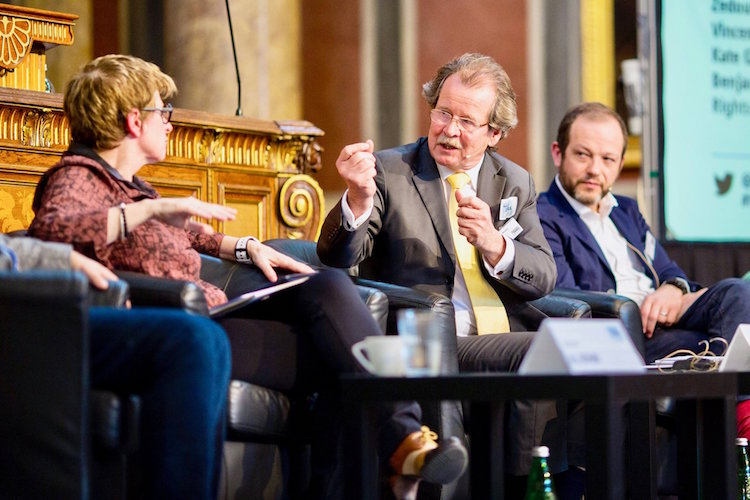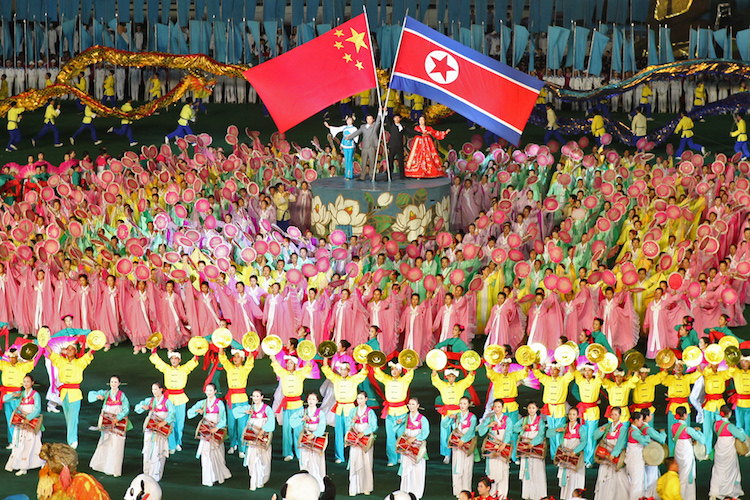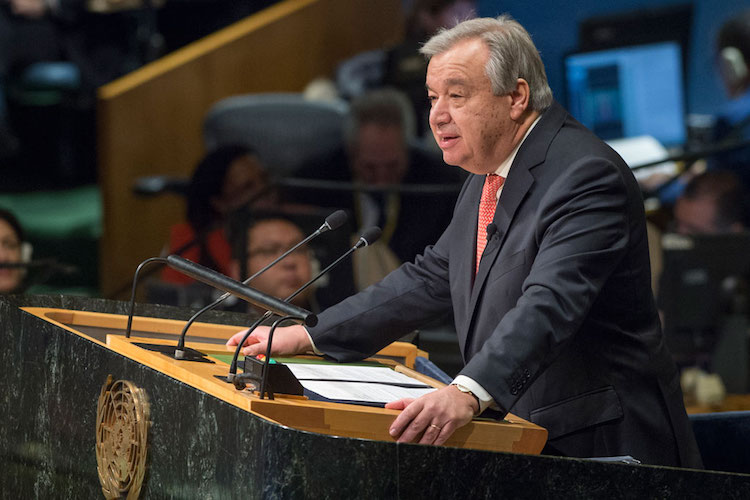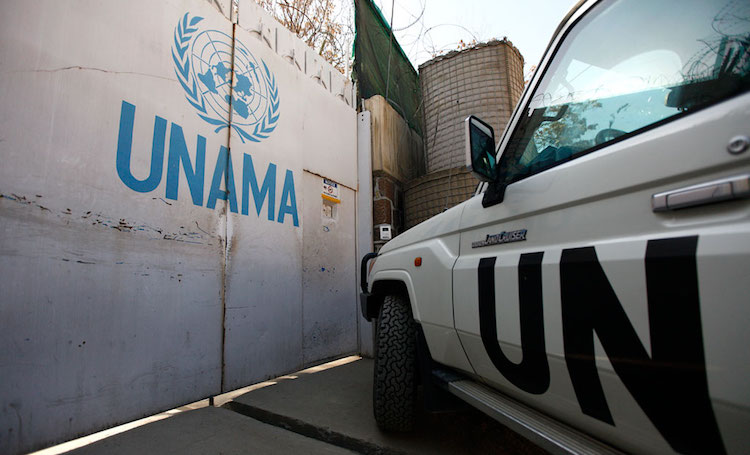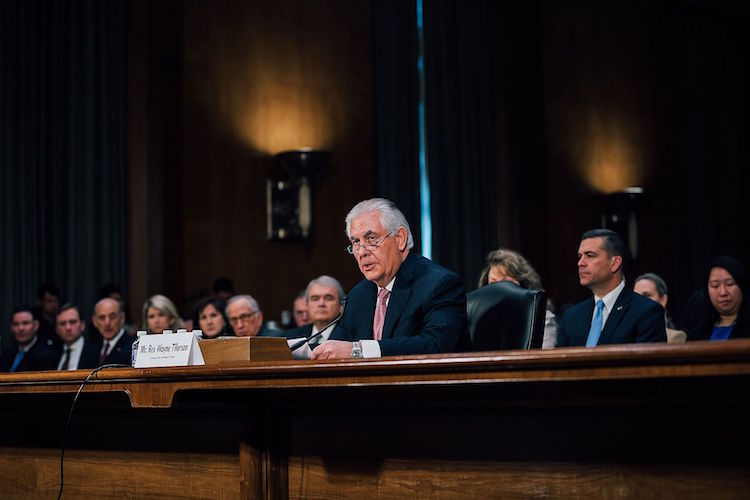By Julia Rainer
VIENNA (IDN) – “In Syria we have an attack on hospitals every 17 hours, in fact we say the most dangerous place in the country to be in is a hospital. So I ask you, does anyone still believe there is something like international humanitarian law?”
With these sobering words, Zedoun Al-Zoubi, CEO of the Union of Medical Care and Relief Organisations (UOSSM International) which operates in Syria, addressed the audience during a panel discussion at the fourth Humanitarian Congress held on March 3 in the Austrian capital.

